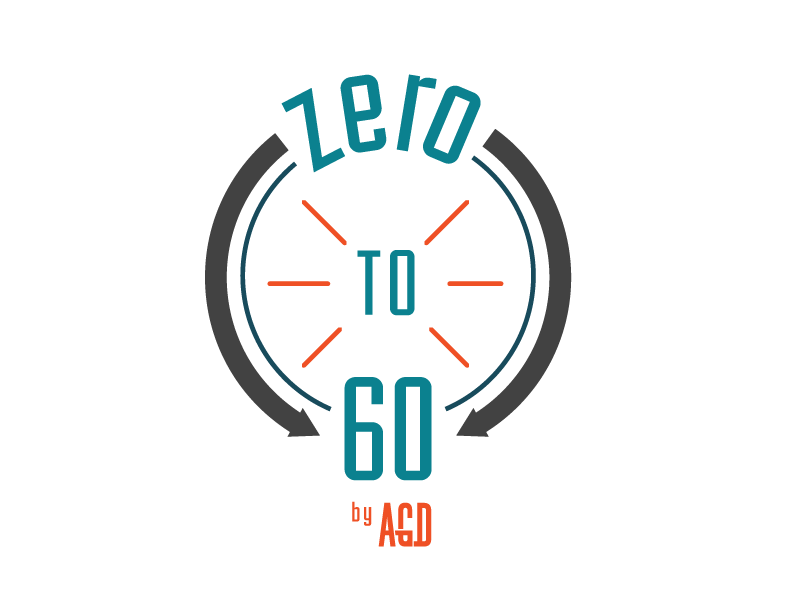As we were planning our programming for the reboot of our blog and panel series, Balancing Art & Industry, our first topic was going to be “How To Book A Tour.” Maybe the topic is even more needed now in the wake of COVID-19 than when the live performance industry was thriving. We are hoping to help artists return to the road in a better and smarter way than how they left it. We’re going to attempt to cover a lot of ground in a 3 part live performance booking series. So let’s dive in.
Live Performance Touch Points
There are two touch points that artists tend to focus on when launching a live performance strategy: booking and marketing. With these two touch points, an artist can effectively tour as much as they like. But with only these two touch points, they are unlikely to grow. Additionally, an artist should be working on their operations/team building, brand partnerships, and publicity efforts. I’m going to touch on booking and marketing quickly but dig in on these later three more in depth to try and help you elevate your touring overall.
Booking the Gig and Marketing the Show
Booking the Gig:
Before sending a single booking request, first identify what type of performance you are looking to book. Is it a hard ticket performance or a soft ticket performance? Once you have this answer, identify which venues in your target markets prioritize this type of performance, and are they the right size for your current level of popularity in that market. Your streaming data for the market will help educate this decision.
Thorough research is key here and not putting your eggs in one basket is also very important. Know what you’re looking for from the venue before you start reaching out. Once you’ve connected and have a conversation going, set tentative dates while you negotiate the details. Don’t be afraid to do this with multiple venues at the same time, (just make sure nothing is confirmed while you discuss these details.) If you’re having trouble, ask for referrals and help from the venues you’re talking to, maybe they work with other venues that might be a better fit. Ask local artists for support and trade shows. Here again, researching local artists ahead of time is going to go a long way. This is usually about a sixteen week process from outreach to the day of the show.
In the wake of the pandemic, artists that are wanting to get out on the road again quickly should be looking primarily for soft ticket opportunities and shortening the outreach time to 8 weeks. Venues are going to be anxious to get events back up and running but won’t be able to plan or organize with larger acts until there is a clearance from the CDC. This might open up an opportunity for developing artists who are a little more flexible to jump in as soon as things clear up. Hard ticket offerings aren’t going to rebound as quickly. So at the time of this writing, if you’re hoping to be back out this summer, start your research process now. It’s a great pastime during social distancing. This soft-ticket-short-outreach strategy is viable for new artists even outside of a pandemic situation.
Marketing the Show:
Retargeting is the number one missed opportunity for artists. Using pixel tracking, we can effectively track each touch point with your brand and retarget them with very specific advertising for each show. So, while held up in your houses for the next 30 days, brainstorm ways to create the initial touch point with a fan now with the intention to retarget those interactions at a later time. Such as when you’re announcing your next tour.
Traditional marketing efforts are still as effective as always, so once you have your event in place make sure you’re running ads, putting up posters or fliers, and creating online events with email and social invites. Run contests for tickets or merch through polls or questionnaires on your stories. Do live setlist planning. While we’re locked in our homes until things clear up concerning COVID-19, perhaps consider partnering with other artists for live streams in the markets you’re targeting for a tour. Or live stream again ahead of an actual show with the support acts you booked on it, like a show teaser. All the while directing new fans back to a captured data source like email or pixel tracking.
Live Music Builds Community
Live music has the ability to create a community unlike any other event. Instead of thinking about your booking and marketing in terms of tickets and revenue, start by thinking about connections and experiences. Ask yourself, “Am I engaging and creating a moment with these individuals that will tie them to me and me to them in a lasting way?” If this is the most important question you ask, the rest of your efforts will be much more successful, and the shows will be that much more rewarding.


